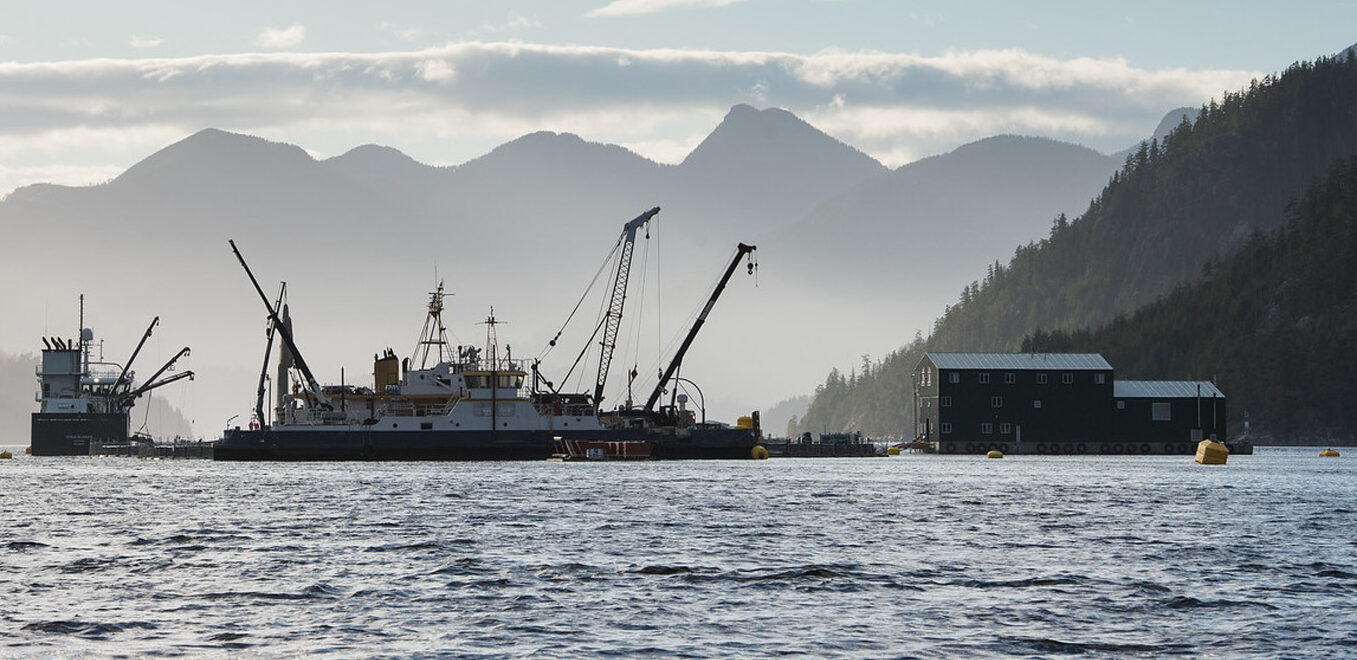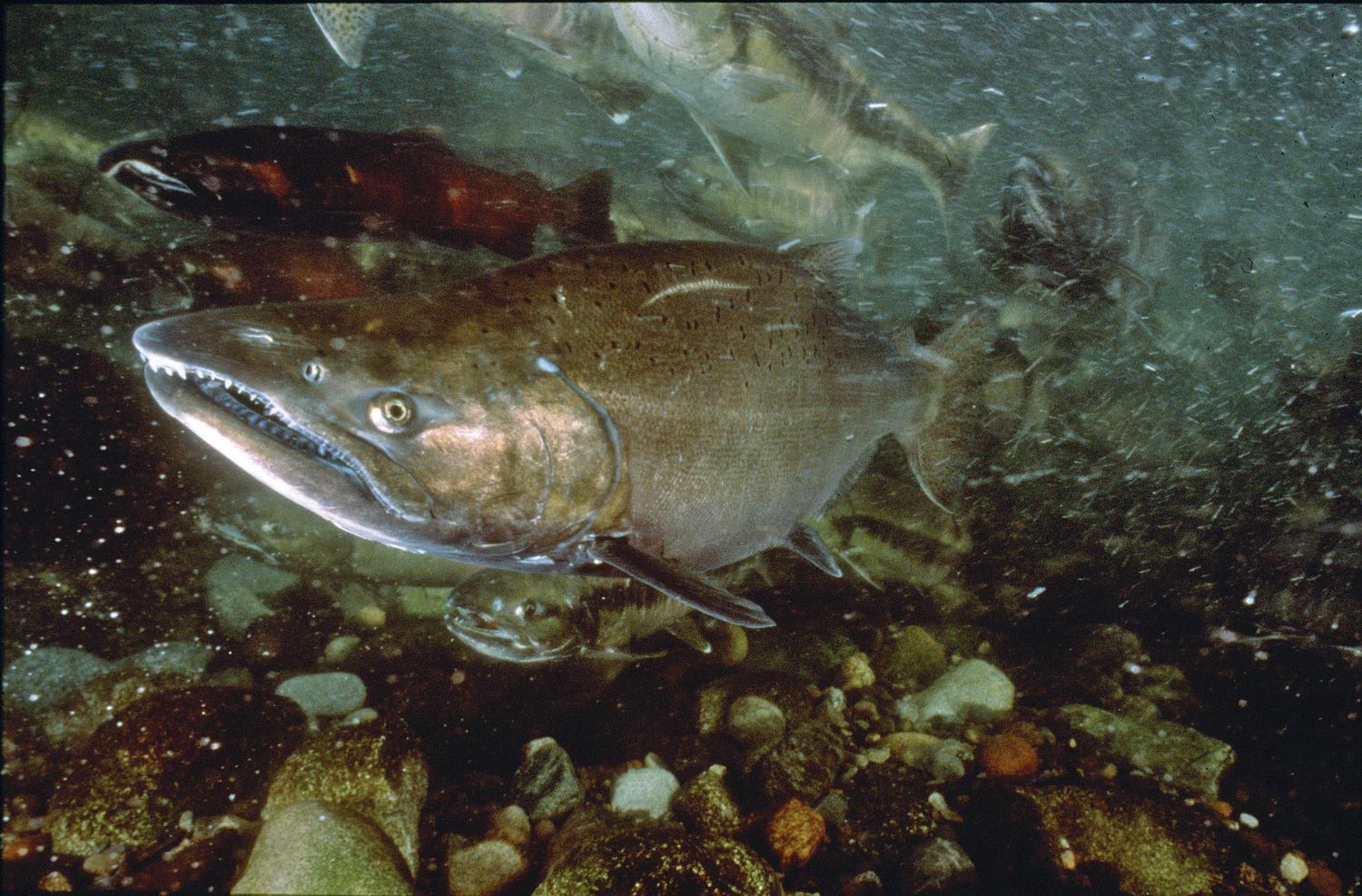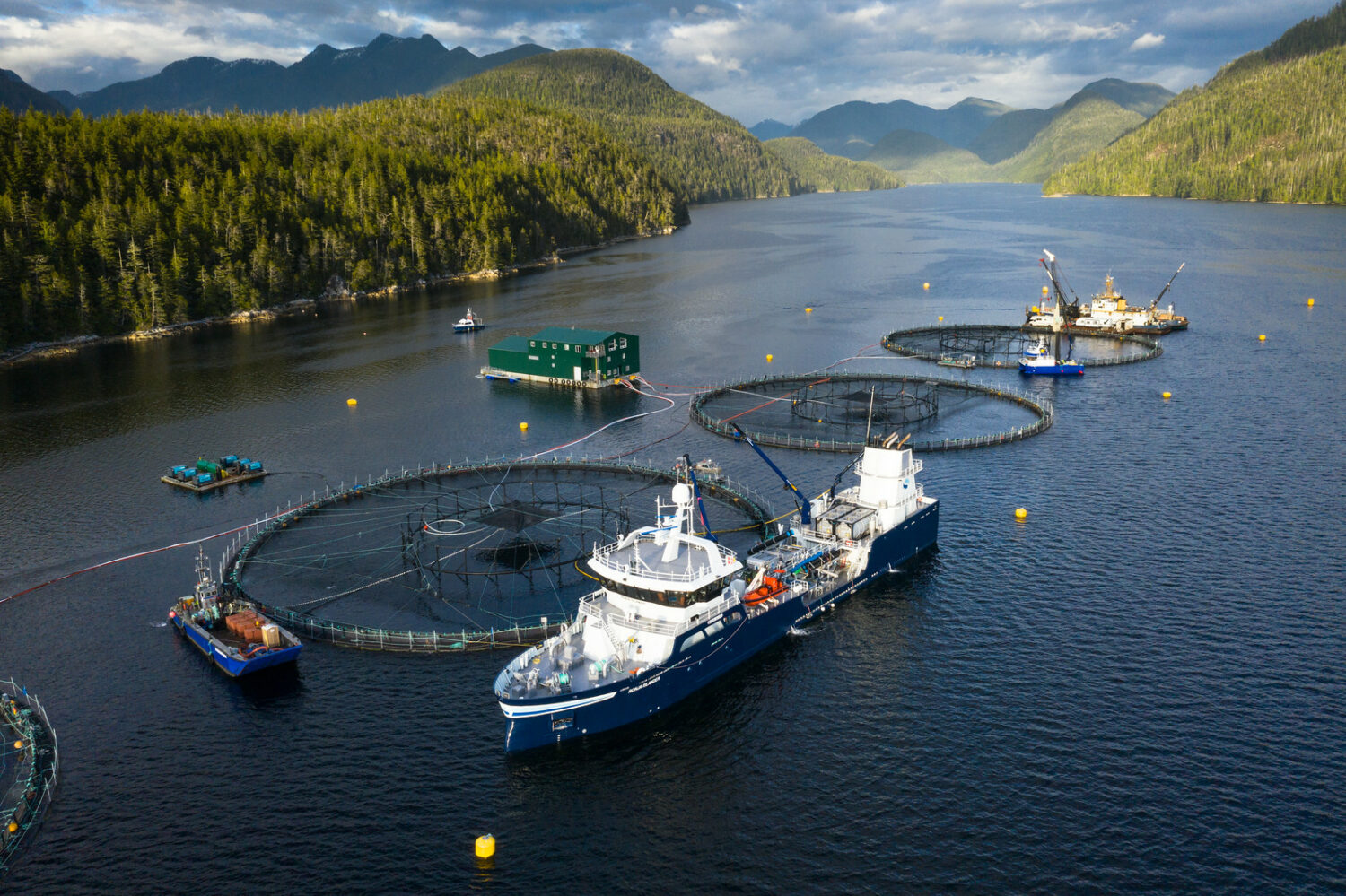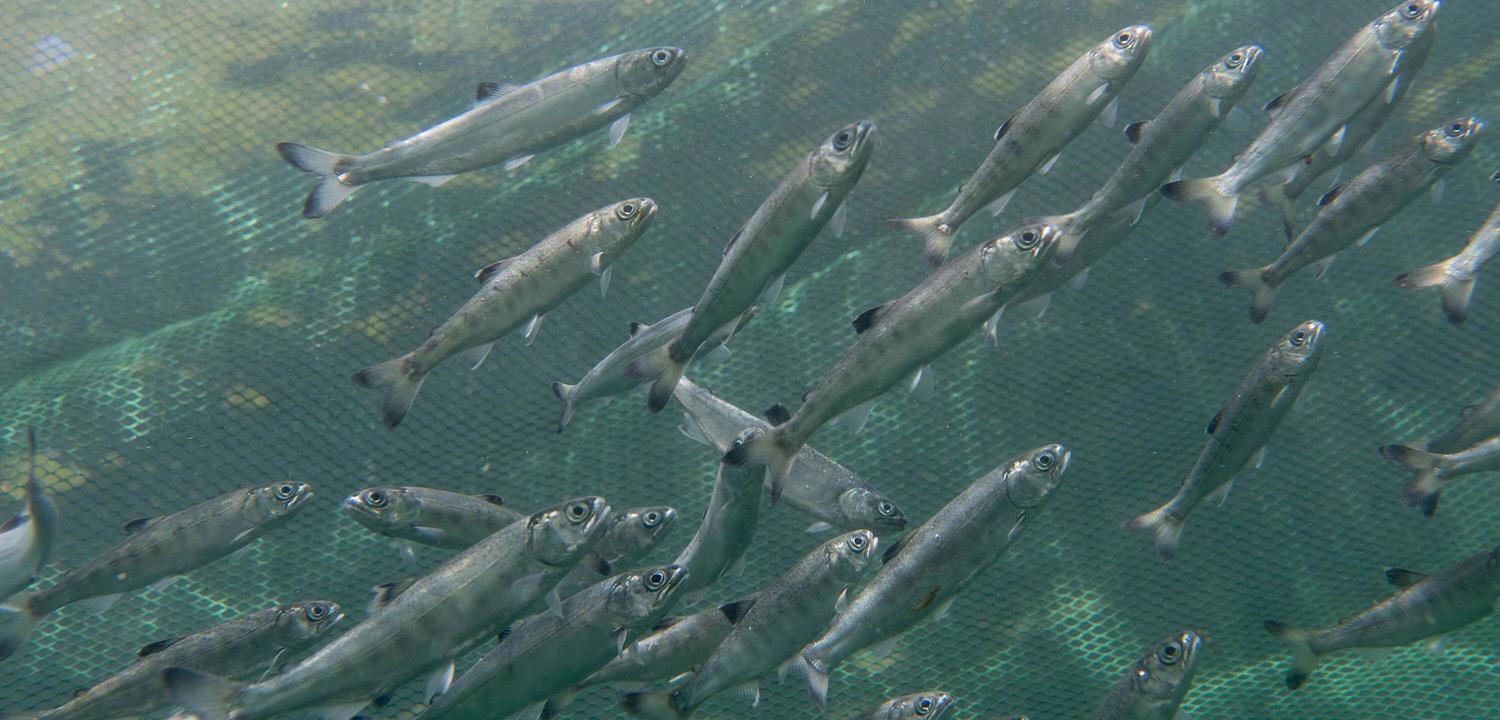From a flawed government report to victories led by First Nations, there’s a lot going on in the fight to stop these harmful salmon farms.
It’s been a busy six months since we partnered up with Watershed Watch Salmon Society (WWSS) to help end the use of open net-pens off the British Columbia coast.
We thought these months would bring progress toward a plan—expected out this summer by Oceans and Fisheries Canada (DFO)—to formally transition the province away from open-net pen salmon farms. But, of course, nothing ever goes as smoothly as you might hope.
“It’s been a bit of a rollercoaster for the campaign lately,” says WWSS Senior Scientist Stan Proboszcz. “We’ve seen that these problematic salmon farming operations are really trying to stymie this process. But we’re fighting back even harder.”

For decades, wild salmon and steelhead from the Fraser and other key B.C. salmon rivers have had no choice but to run a gauntlet of parasites, viruses, and bacteria while traveling past these fish farms.
In 2019, DFO committed to transitioning open net-pens out of B.C. by 2025. But behind the scenes, industry allies have been working to delay and water down these commitments. And in January, some of these allies within DFO released a delayed and deeply flawed report in an attempt to undermine the connection between open net-pens and parasitic infections in vulnerable wild juvenile salmon.
“The salmon farming industry is fighting for its life on the West Coast,” Proboszcz says. “We have to keep the momentum going and end this, because the industry’s lobbying and campaign-style tactics are wasting time that B.C. wild salmon don’t have.”
“We have to keep the momentum going and end this, because the industry’s lobbying and campaign-style tactics are wasting time that B.C. wild salmon don’t have.”
Stan Proboszcz, Watershed Watch Salmon Society Senior Scientist

Despite industry obstructions, WWSS and our allies have scored several big wins in recent months. In February, following the uproar over DFO’s flawed report, Minister Murray recommitted to a ban on open net-pens around the Discovery Islands. And in March, the ‘Namgis, Kwikwasut’inuxw Haxwa’mis, and Mamalilikulla First Nations announced that the seven salmon farms still operating in their territory must shut down by the end of 2023. This victory adds new momentum to the shíshálh Nation’s November 2022 decision to remove eight fish farm sites from the Lower Sunshine Coast by February 2023.
“It appears many First Nations are ramping up pressure on DFO to make good on its promises,” Proboszcz says. “We expect the next several months will be critical ones for our campaign. This positive momentum could make all the difference.”
To stay updated on the latest in the fight to end open net-pens in B.C., visit WWSS’s “Safe Passage” campaign page.

Hero Image
